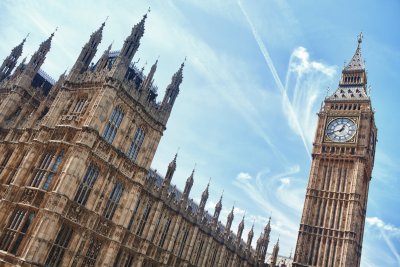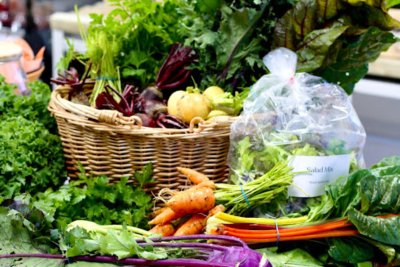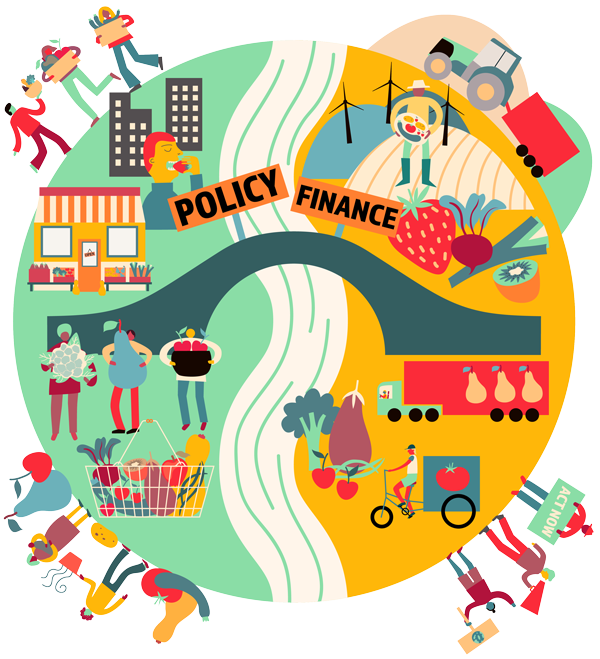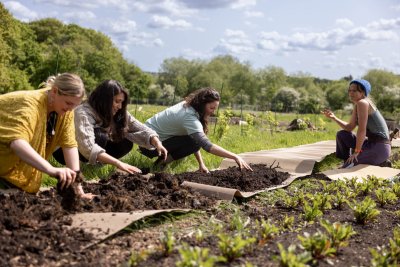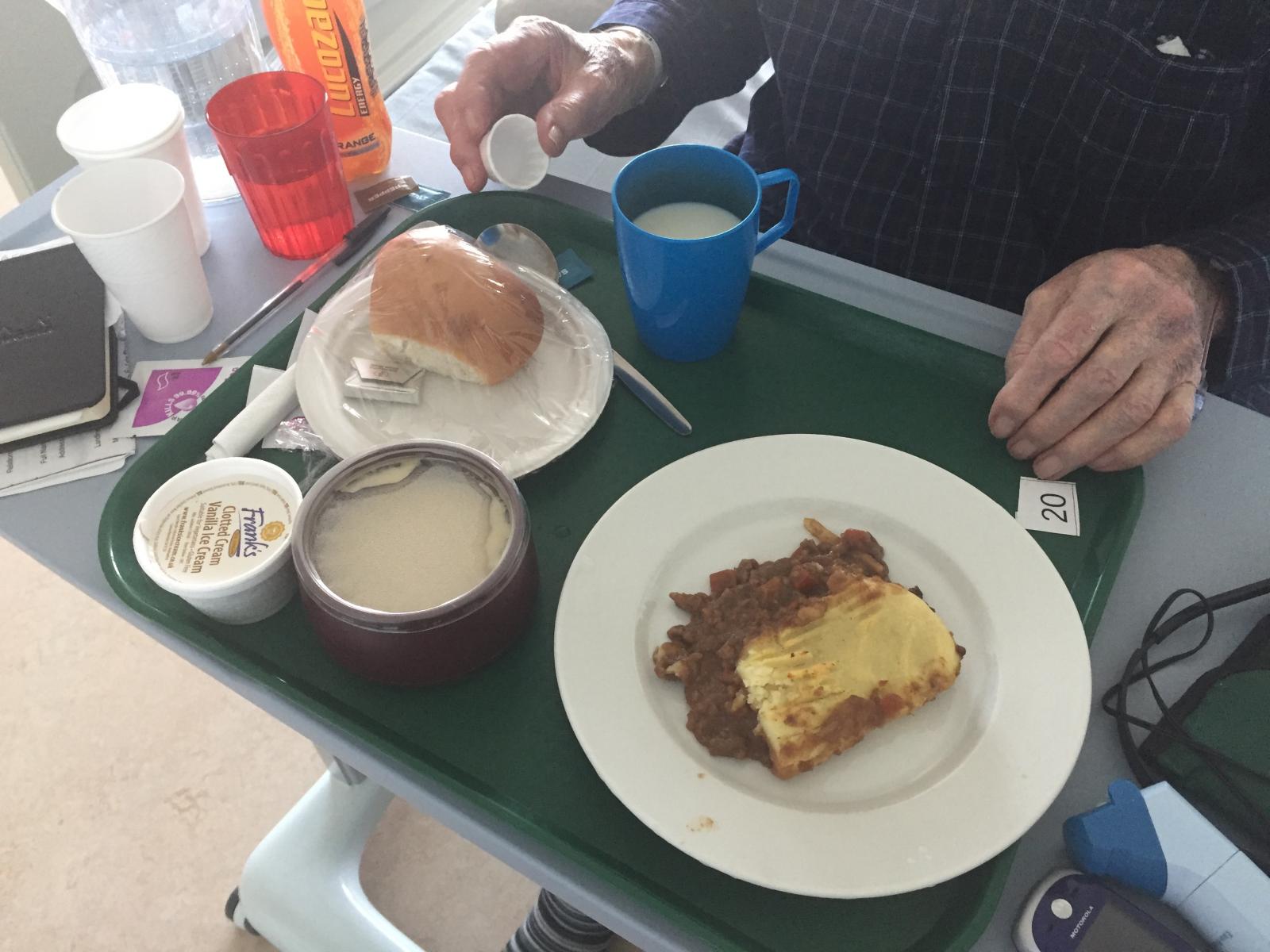
Charities and public sector demand 'hardship fund' to prevent no deal Brexit food crisis
Sustain, frontline charities, public sector food providers and groups working with local authorities, have sent an open letter, calling on thse Prime Minister to provide a 'hardship fund', saying: "We must not let no deal Brexit cause a food crisis for people most in need."
The call comes in an open letter to the Prime Minister coordinated by the Sustain alliance. It warns that food disruption and price rises associated with a 'no deal' Brexit could push millions of people in the UK into food crisis.
Take action: Join us in calling on Theresa May to guarantee meals for people in need, in a no deal Brexit.
The full text of our letter is reproduced below, published on 5th March 2019. Download a PDF copy here.
The groups co-signing the open letter call on Theresa May to provide:
- Clarity over accountability and powers to mitigate food disruption (to continuity of food supply and food prices).
- Clear communication on the challenges ahead, and plans to mitigate risks, including with local authorities and resilience teams, frontline charities and their networks, and public sector institutions.
- Crisis support and funding for regional and local government and resilience teams, and for public sector institutions, to ensure food supplies are guaranteed for those most in need.
The letter is co-signed by the National Asscoation of Care Caterers, School Food Matters, Food for Life, Fareshare, the Trussell Trust, the Independent Food Aid Network, the Federation of Wholesale Distributors, and the Sustainable Food Cities network, among others.
The letter comes in the same week as Sharon Hodgson MP called a Westminster Hall debate in Parliament to highlight the impact of no deal Brexit on food for public sector institutions such as schools, hospitals and care homes. It also follows a report on the BBC Radio 4 Today Programme (7.16am - 1 hour and 16 minutes in) highlighting the concerns of care home caterers about the possibility of food price rises and difficulty securing a reliable supply of food as a result of a no deal Brexit.
Prime Minister Theresa May
Number 10 Downing Street
London SW1A 2AA
5th March, 2019
Dear Prime Minister Theresa May,
We must not let ‘no deal’ Brexit cause a food crisis for people most in need
We are writing to you in your roles both as Prime Minister and Chair of the EU Exit and Trade (Preparedness) Committee, urging you to take decisive action to protect those most in need from food crisis in the event of a no deal Brexit. As a matter of urgency, and to assist with planning at national and local levels, we ask you to make a policy statement and to instruct HM Treasury to make available an adequate ‘hardship fund’ to address the vital issues set out below.
We have seen reports in the media (25th February 2019) that you are considering a ‘hardship fund’ for people in the UK who may be hardest hit by a no deal Brexit. We understand that you may be considering a 'tax and benefits policy' to redress cost-of-living increases, including food. We also understand that you have been made aware of the special challenges for public sector institutions such as schools, hospitals and care homes if there were to be high price inflation on food, shortages, and/or disrupted supply of fresh and staple foods.
At present, 1.5 million children are eligible for free school meals; hospitals, care homes and meals on wheels services feed over 600,000 people every day; the Trussell Trust gave out over 1.3 million three-day emergency food supplies last year, to people referred to their 1,200 food bank centres, and that's not counting the work of over 800 independent food banks and hundreds of other food aid providers.
Meanwhile, organisations such as FareShare redistributed enough surplus food to homeless hostels, children’s breakfast clubs, lunch clubs for older people and domestic violence refuges for 36.7 million meals last year. Such food services and supplies are at risk from a no deal Brexit. The UN has estimated that 8.4 million people in the UK (half of them children) experience household food insecurity – missing meals or unable to afford adequate food. Food price inflation caused by a no deal Brexit is likely to affect these people, and the services providing food to support them, disproportionately.
We urge you to treat such issues as a priority and to make detailed plans to help the people most vulnerable to food disruption in the event of a no deal Brexit, namely:
- Children, hospital patients and people in cared-for settings, fed by public sector institutions
- Vulnerable people being fed by frontline charitable groups, such as hostels for homeless people, children’s breakfast and holiday hunger clubs, lunch clubs for older people and domestic violence refuges
- People in crisis who are being referred to food banks, and those experiencing household food insecurity due to low income
Local authorities and the voluntary sector are already over-stretched and would be unlikely to have the resources and influence to secure adequate food for those in the sort of disruption to continuity of food supply and significant price increases that look possible in the event of a no deal Brexit.
We therefore recommend the following national actions that would facilitate work at regional and local level. Beyond commitments from the government to prevent food disruption and price rises (whilst maintaining food safety and standards), we are calling for:
- Clarity over accountability and powers to mitigate food disruption (to continuity of food supply and food prices).
- Clear communication on the challenges ahead, and plans to mitigate risks, including with local authorities and resilience teams, frontline charities and their networks, and public sector institutions.
- Crisis support and funding for regional and local government and resilience teams, and for public sector institutions, to ensure food supplies are guaranteed for those most in need.
Further detail is available in this briefing from the Sustain alliance: Brexit food resilience for people most in need.
This open letter to the Prime Minister has been co-signed by:

Kath Dalmeny, Chief Executive of Sustain: the alliance for better food and farming (letter coordinator, for correspondence), which works with communities and policy-makers to address the root causes of food poverty.

Neel Radia, Chair, National Association of Care Catering, which unites, supports and represents everyone working in and associated with catering in the UK care sector.
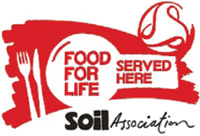
James Cashmore, Director, Food for Life Served Here, supporting schools, hospitals, care homes and meals on wheels services to serve healthy and sustainable food.

Stephanie Wood, Founder and Chief Executive, School Food Matters, working to ensure that every child enjoys fresh sustainable food at school.

Andy Jones, Chair of the PS100 public sector caterers group, working towards healthier lifestyles through public sector catering and education initiatives; also co-lead for Nutrition & Hydration Week.

Lindsay Boswell, Chief Executive of Fareshare, the UK's largest charity fighting hunger and food waste, saving good food from going to waste; redistributing it to frontline charities.

Sabine Goodwin, Coordinator, Independent Food Aid Network, a network of independent, grassroots food aid providers working to secure food security for all.
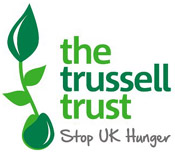
Emma Revie, Chief Executive of the Trussell Trust, which runs a network of 1,200 food bank centres around the UK and works to stop UK hunger and poverty.
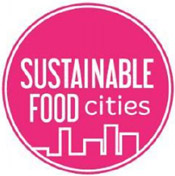
Tom Andrews, Programme Director of Sustainable Food Cities, which works with towns and cities around the UK to promote healthy and sustainable food systems.

Claire Pritchard, Chair of the London Food Board, advising the Mayor of London on food policy and implementation of the London Food Strategy.

James Bielby, Chief Executive, Federation of Wholesale Distributors, the trade association for food and drink wholesalers supplying 450,000 retailers and foodservice operators.
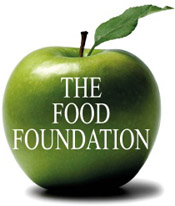
Anna Taylor, Executive Director, The Food Foundation, an independent think tank that tackles the growing challenges facing the UK's food system in the interests of the UK public,
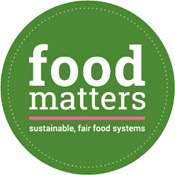
Victoria Williams, Director of Food Matters, working to create sustainable and fair food systems; also chair of the national Food Poverty alliance working party,

Niall Cooper, Director of Church Action on Poverty, an ecumenical charity dedicated to tackling the root causes of poverty in the UK.

Dr Lindy Sharpe, Research Fellow, Food Research Collaboration, which brings together academics and Civil Society Organisations to improve food policy in the UK.
Letter copied to the Chancellor of the Exchequer, and Secretaries of State for government departments with responsibilities for institutions and communities relevant to issues in this letter (N.B., all of the following are also members of the EU Exit and Trade (Preparedness) Sub-Committee referenced above):
- Chancellor of the Exchequer, The Rt Hon Philip Hammond MP
- Secretary of State for Education, The Rt Hon Damian Hinds MP
- Secretary of State for Health and Social Care, The Rt Hon Matt Hancock MP
- Secretary of State for Work and Pensions, The Rt Hon Amber Rudd MP
- Secretary of State for Housing, Communities & Local Government, The Rt Hon James Brokenshire MP
- Secretary of State for Environment, Food and Rural Affairs, The Rt Hon Michael Gove MP
-
Minister for Food Supply, David Rutley MP
Good Food Trade Campaign: Campaigning for good trade that benefits people and the planet at home and overseas.
Sustain
The Green House
244-254 Cambridge Heath Road
London E2 9DA
020 3559 6777
sustain@sustainweb.org
Sustain advocates food and agriculture policies and practices that enhance the health and welfare of people and animals, improve the working and living environment, promote equity and enrich society and culture.
© Sustain 2024
Registered charity (no. 1018643)
Data privacy & cookies
